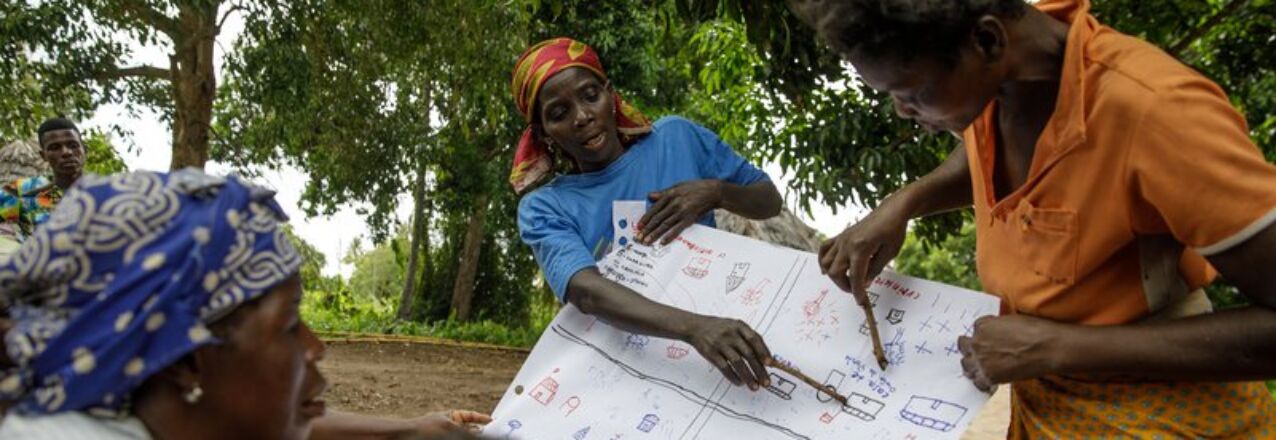The 2030 Agenda for Sustainable Development includes important goals related to ending poverty and promoting gender equality. The Agenda recognizes that the pathways to achieve these goals involve securing the rights of women and men to land (SDG Indicator 1.4.2) and improving the legal frameworks to promote women’s equal rights to land ownership or control of land (Indicator 5.a.2). With seven years left in the Agenda, much remains to be done to promote gender-responsive land tenure security and women’s equal land ownership.
One strategy to help close this implementation gap is to leverage participatory approaches and cost-effective digital technologies to expand land documentation for women. Over the past eight years, USAID has partnered with civil society, traditional authorities, and local governments to create innovative approaches that deliver land documentation to women in customary land areas. This work is known as “Mapping Approaches to Secure Tenure,” or MAST.
To celebrate and recognize the sixty-seventh session of the Commission on the Status of Women, USAID and New America joined for the second event of the year-long Frontiers series on Wednesday, March 15th. The discussion explored the gender-related outcomes and lessons learned from the Agency’s land documentation work in Malawi, Mozambique, Tanzania, and Zambia.
Opening Remarks:
- Jamille Bigio, Senior Coordinator for Gender Equality and Women’s Empowerment, USAID
Panel Discussion:
- Her Royal Highness Chieftainess Muwezwa, Muwezwa Chiefdom, Zambia
- Dr. Thais Bessa, Gender Advisor, TetraTech/ILRG Global
- Ms. Patricia Malasha, Gender and Social Inclusion Specialist, TetraTech/ILRG Zambia
- Ms. Gavelet Mzembe, Country Coordinator, TetraTech/ILRG Malawi
- Mr. Masida Mbano, Acting Team Leader, Land Reform Implementation Unit, Ministry of Lands, Government of Malawi
- Karol Boudreaux, Senior Land and Resource Governance Advisor, USAID
- Yuliya Panfil, Director, Future of Land and Housing at New America (Moderator)
Other panelists to be confirmed.
This event is part of the year-long Frontiers event series, which explores the interface of conflict, climate change, and governance of land and natural resources. The Frontiers series is hosted by USAID’s Center for Conflict and Violence Prevention and USAID’s Land and Resource Governance Division and is made possible by USAID’s Integrated Natural Resources Management Project in partnership with New America.


